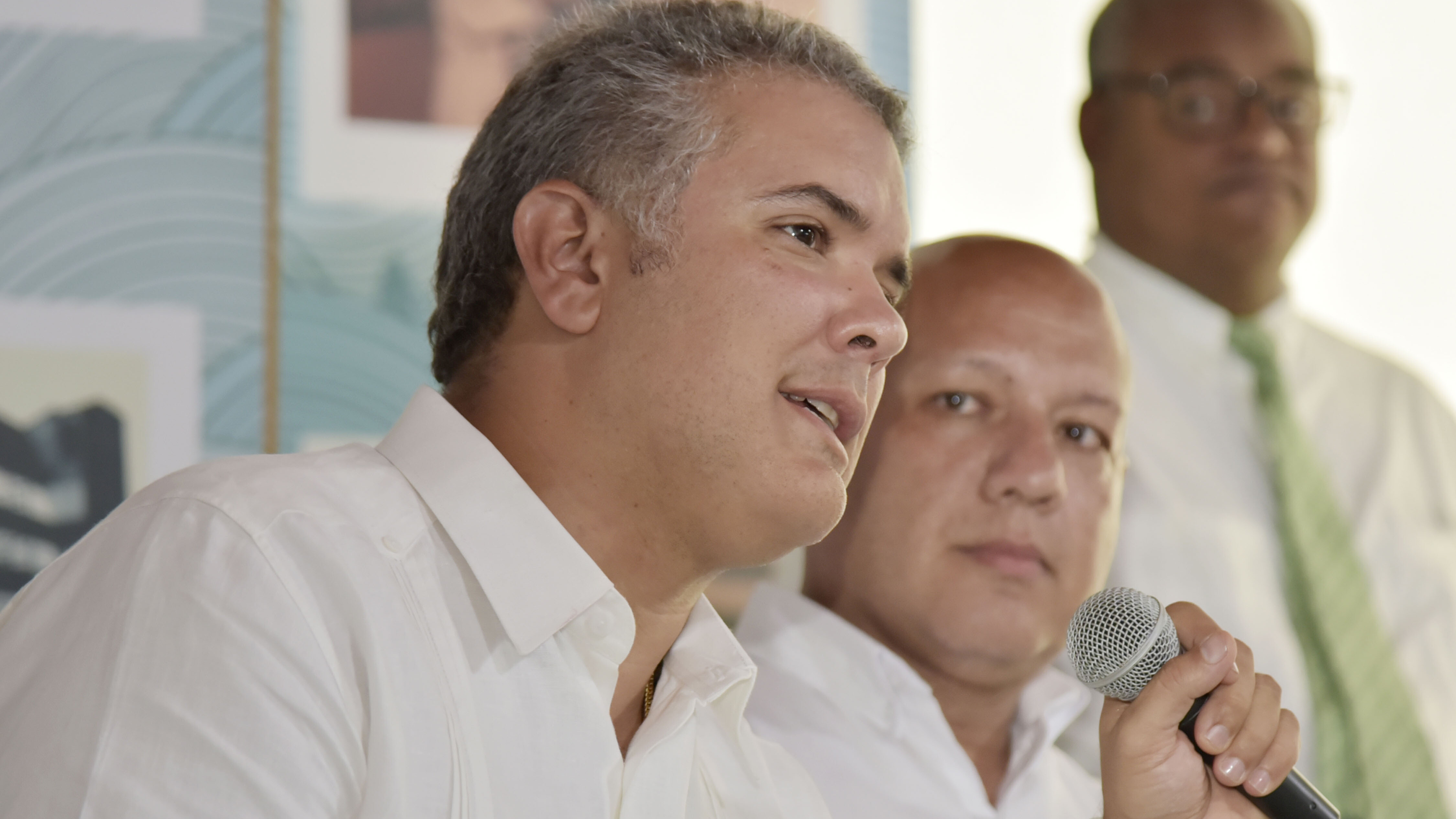Duque Tries to Regain the Initiative
Iván Duque’s first half year was a painful lesson in politics, with his major reforms diluted or waylaid, but now he is trying to reassert himself with a Pact for Colombia. We investigate the impact for investors...

Investors often get excited when right-wing, pro-market candidates win elections. However, as we saw in Peru with Pedro Pablo Kuczynski, investor-friendly ideas are not much use if the president is unable to turn them into law. Duque won with a much more comfortable margin than PPK, yet the first five months of his presidency have been disappointing. His approval rating currently sits at 24%, which is low for a president that should still be enjoying his honeymoon. While his apparent stand-down to student protestors has emboldened more challengers, with feisty rallies already a characteristic of his nascent administration.
Fiscal fudge
One of Duque’s main attractions for investors is his promise to tame Colombia’s fiscal deficit of 4%. To his credit he did manage to pass a tax reform in late December but unfortunately it was watered down so much that it will only raise half of the original COP14trillion ($4.5billion) target. The most significant element of the reform is the gradual reduction of corporation tax to 30% from 34%. However, for banks this will be negated, in the short-term at least, by a ‘temporary’ financial surcharge. The limited nature of the reform, means that more budget cuts can be expected next year.
"There’s only one thing worse than a bad president – an unlucky one…"
The main disappointment for investors is that Duque has failed to significantly overhaul Colombia’s skewed tax system. “This reform amounts to another ‘just enough’ initiative”, says Nicholas Watson, vice president at Teneo, a political consultancy. “As opposed to the structural, holistic reform that Colombia requires but that populist legislators have become adept at blocking. There are still too many exemptions and special regimes, while new measures fall on those who already contribute instead of broadening the tax base. A rebalancing to address the fact that companies account for roughly 80% of tax revenues, and individual taxpayers 20%, is still necessary. In addition, while this reform probably does enough to preserve Colombia’s investment grade rating, the 2020-2021 fiscal horizon is already hazy.”
Pact for Colombia
There’s only one thing worse than a bad president – an unlucky one. And some external economic factors may also be conspiring against Duque to make the rest of his tenure difficult. Edward Glossop, Latin America economist at Capital Economics, believes “lower oil prices and policy tightening will cause growth in Colombia to slow this year and next.” That would exacerbate the pressure on public finances, forcing Duque to slash spending. If he was unable to do that, then investors will demand higher yield from Colombian sovereign debt, pushing up the government’s borrowing costs. Glossop believes that all of these factors will cause Colombia’s GDP growth to slow to 2% in 2019, well below consensus estimates of 3.2%. With more than three and a half years left to his government Duque can still prove the doubters wrong. His recently announced Pact for Colombia hopes to stimulate the economy with a $1trillion public private spending programme. Investors will be hoping he can start notching up some successes in 2019.